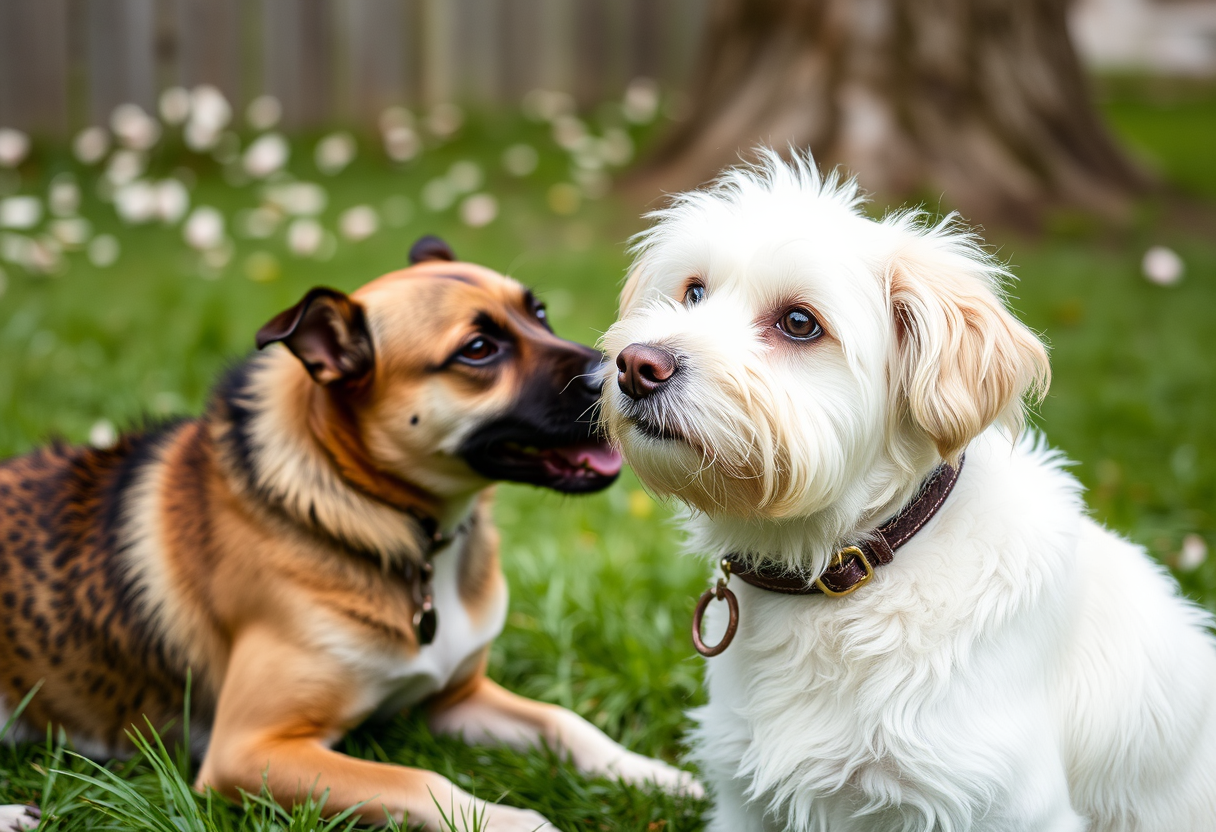Pet Humanization: Understanding the Bond Between Owners and Their Pets
In recent years, the phenomenon known as pet humanization has surged in popularity, transforming the way we view our furry companions. No longer just pets, they are now often considered part of the family, influencing our lifestyles, choices, and even our emotional wellbeing.
What is Pet Humanization?
Pet humanization refers to the trend of treating pets more like family members than animals. This includes the way we interact with them, the products we buy, and the experiences we create for them. From personalized pet foods to pet-friendly vacations, the humanization of pets is reshaping industries and altering the dynamic between humans and animals.

The Emotional Connection
One of the primary drivers of pet humanization is the emotional bond that develops between pets and their owners. Studies have shown that pets can alleviate stress, provide companionship, and even contribute to a sense of purpose in their owners. This bond is often compared to that of parent and child, emphasizing attachment and affection.
The Psychology Behind the Bond
From a psychological perspective, owning a pet can fulfill various human needs, including companionship, unconditional love, and emotional support. Pet owners often report feeling happier and more fulfilled, indicating that this bond can lead to increased life satisfaction.
Pet as Family Members
As pets are increasingly viewed as family members, the way we celebrate their lives has also changed. Birthdays, adoption anniversaries, and even pet weddings are becoming common, with owners going to great lengths to make these occasions special.
Consumer Trends
The rise of pet humanization has led to a booming pet industry. According to recent reports, pet spending is expected to exceed $200 billion by 2025. This includes everything from gourmet pet food to luxury pet accessories.
Impact on Products and Services
With the humanization of pets, businesses are tailoring products and services to meet the needs of pet owners. This includes:
- Pet-Friendly Restaurants: Many establishments now offer menus specifically designed for pets.
- Luxury Pet Hotels: Pet hotels that provide spa services, gourmet meals, and play areas are on the rise.
- Pet-Tech Gadgets: Wearable technology for pets is becoming increasingly popular, allowing owners to monitor their pets' health and activities.
Ethical Considerations
While pet humanization has many positive aspects, it also raises ethical questions about the treatment of animals. It’s crucial to ensure that in our quest to humanize pets, we do not overlook their basic needs and instincts. Responsible pet ownership involves recognizing that pets are animals first, with their own unique requirements.
Conclusion: A Growing Trend
The bond between humans and pets continues to grow and evolve. As pet humanization becomes more ingrained in our culture, it is essential to embrace the responsibility that comes with it. Understanding and nurturing this bond can lead to a fulfilling and enriching experience for both pets and their owners.
In summary, pet humanization reflects a profound shift in our relationship with animals, highlighting the importance of companionship and emotional connection. As we move forward, let’s ensure that we honor these bonds with respect and care.